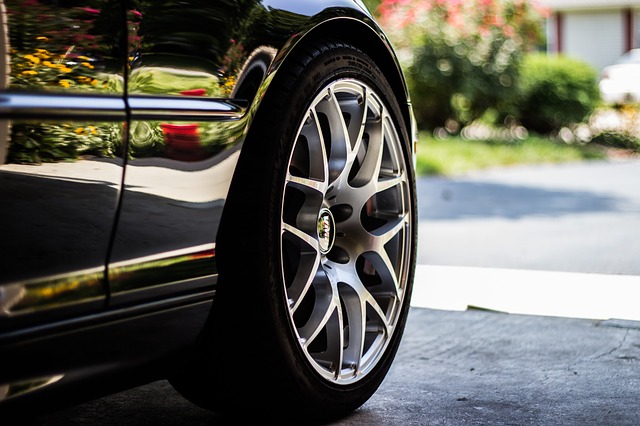July 21, 2023
In June 2023, the EU car market grew by 17.8% to 1 million registered units. This growth can be attributed to the region’s rebound from a low comparison base last year, primarily driven by vehicle component shortages.
Except for Hungary (-1.4%), all the EU markets grew, including the four largest: Germany (+24.8%), Spain (+13.3%), France (+11.5%), and Italy (+9.1%).
In the first half of 2023, new EU car registrations increased significantly (+17.9%), reaching 5.4 million units. The recent months’ improvements indicate that the European automotive industry is recovering from supply disruptions caused by the pandemic. However, cumulative volumes are 21% lower compared to 2019. Most of the region’s markets grew significantly in the first six months of 2023, including the four largest ones: Spain (+24.0%), Italy (+22.8%), France (+15.3%), and Germany (+12.8%).
Fuel types of new cars
In June, the battery-electric car market share surged from 10.7% to 15.1%, overtaking diesel share for the first time. Hybrid-electric cars remained the second-most popular choice among new car buyers, representing 24.3% of the market. However, petrol cars retained the largest share, accounting for 36.3%.
Electric cars
In June, new registrations of battery-electric cars in the EU increased by a significant 66.2%, reaching 158,252 units. This resulted in a market share of 15.1% (up from 10.7% in June 2022) and positioned battery-electric cars as the third most popular choice among new car buyers, overtaking diesel for the first time. Most EU markets recorded impressive double- and triple-digit percentage gains, including the largest, such as the Netherlands (+90.1%), Germany (+64.4%), and France (+52.0%). This contributed to a year-to-date growth of 53.8%, with 703,586 units sold between January and June.
New hybrid-electric car registrations surged by 32.4% in June, reaching 254,100 units. This growth was primarily driven by substantial gains in the bloc’s largest markets: Germany (+59.1%), Italy (+29.9%), France (+27.9%), and Spain (+22.7%). Cumulatively, hybrid-electric car sales recorded a remarkable 27.9% increase from January to June, reaching nearly 1.4 million units and capturing 25% of the market.
In June, the EU market for new plug-in hybrid cars rebounded, with registrations increasing by 13.4%. Although there was a significant 39.2% sales decline in Germany, the largest market for this fuel type, the substantial increase in France (+49.9%) and Spain (+51.7%) largely offset this decline. The overall market share of plug-in hybrid cars decreased to 7.9% from 8.2% in June last year, despite June’s increase in registrations.
Petrol and diesel cars
In June, the EU petrol car market grew 11%, totalling 379,067 units. However, the market share decreased to 36.3% from 38.5% in June 2022. The growth was primarily driven by solid gains in the four largest EU markets, particularly Germany (+19.8%) and Spain (+11.9%). Over 2 million petrol cars were sold in the EU in the first half of the year, a notable 15.9% increase compared to 2022.
In contrast, the EU market for diesel cars continued to decline (-9.4%) last month, despite growth in Germany (+10.3%) and Central European markets, particularly Romania (+22.4%). Diesel cars now represent a market share of 13.4%, down from 17.4% in June last year.
Source: European Automobile Manufacturers Association
Legal Notice: The information in this article is intended for information purposes only. It is not intended for professional information purposes specific to a person or an institution. Every institution has different requirements because of its own circumstances even though they bear a resemblance to each other. Consequently, it is your interest to consult on an expert before taking a decision based on information stated in this article and putting into practice. Neither Karen Audit nor related person or institutions are not responsible for any damages or losses that might occur in consequence of the use of the information in this article by private or formal, real or legal person and institutions.






